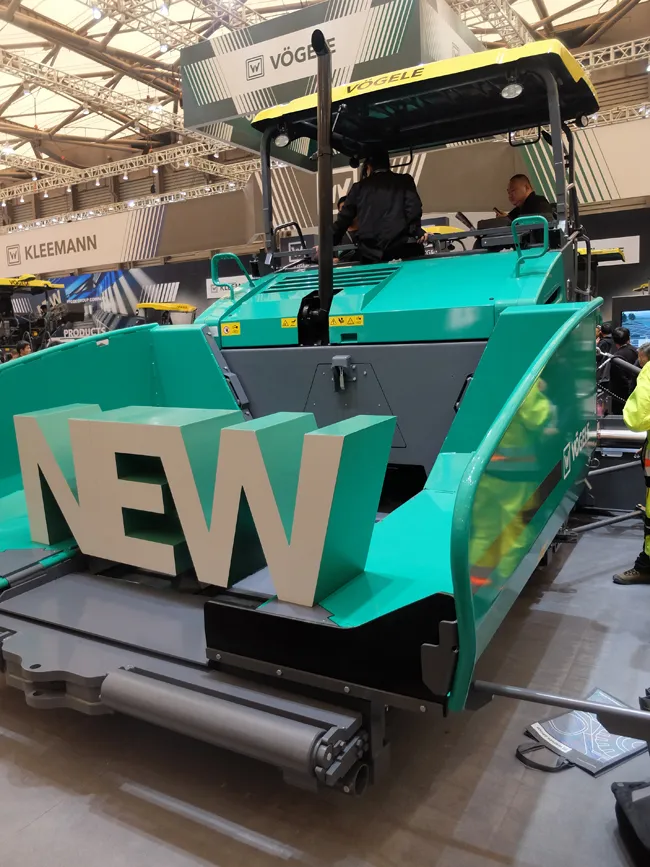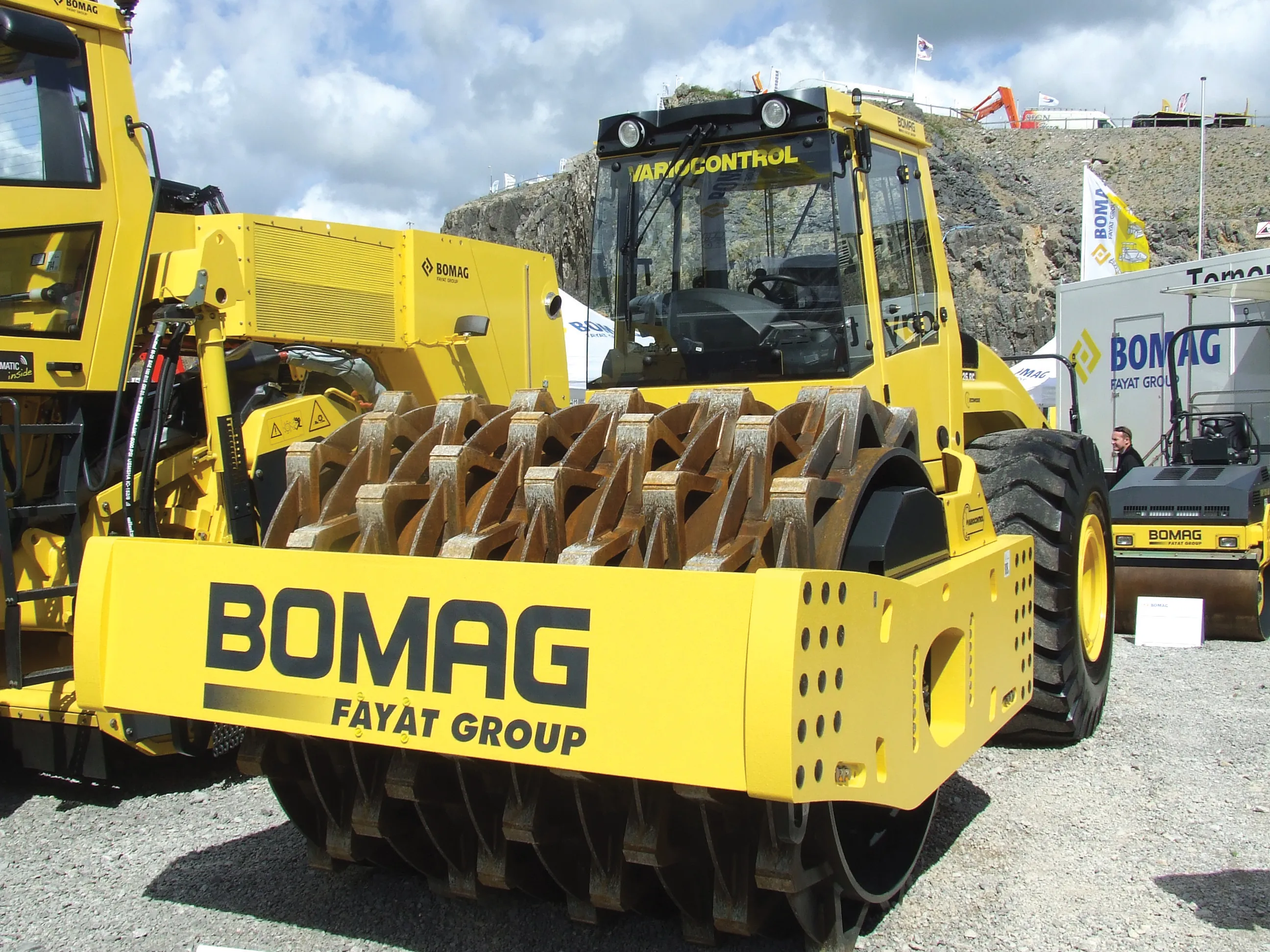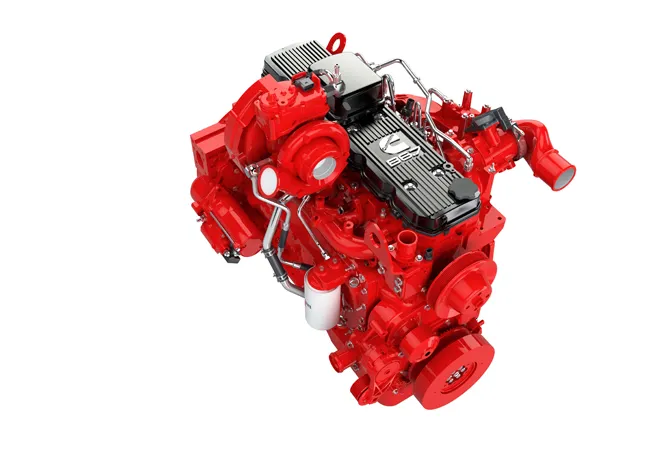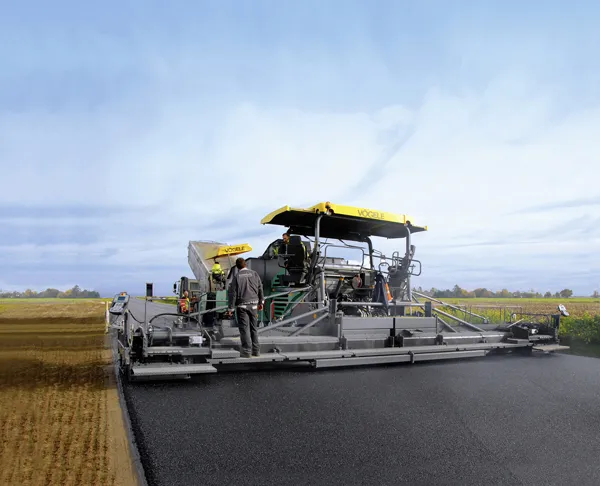Paver specialist Vögele is widening its product range of pavers for the Chinese market. The company is now offering the Super 1600L and Super 1600-3L variants in China, in addition to models such as the existing Super 1880L. As with the Super 1880L, the two new models feature larger hoppers (denoted by the L suffix) than standard pavers for Europe and other markets. This 15tonne hopper capacity allows the pavers to match the bigger asphalt delivery trucks used by Chinese contractors.
The Super 1600L forms
November 21, 2018
Read time: 2 mins

Paver specialist 1194 Vögele is widening its product range of pavers for the Chinese market. The company is now offering the Super 1600L and Super 1600-3L variants in China, in addition to models such as the existing Super 1880L. As with the Super 1880L, the two new models feature larger hoppers (denoted by the L suffix) than standard pavers for Europe and other markets. This 15tonne hopper capacity allows the pavers to match the bigger asphalt delivery trucks used by Chinese contractors.
The Super 1600L forms part of the firm’s newly established Classic Line, while the Super 1600-3L is in the Premium range. For the moment these machines are being built in the firm’s German factory but will be manufactured at the company’s Chinese facility alongside the Super 1880L in Langfang in the future. The Classic models feature the same components and build quality but do not have the more sophisticated sensors and controls fitted to the Premium line. Björn Westphal from the firm said, “We reduce the options on the Classic Line and offer the full range on the Premium Line.”
This differentiator means that the Classic units can be used for normal urban paving jobs. Meanwhile the Premium models are aimed at use in applications where site data will be recovered and requiring the use of machine control technology such as in highway paving or airport runway construction.
The key component variation between the two pavers is that Super 1600-3L is being equipped with the AB500 screed while the Super 1600L is fitted with the AB480 screed. At full hydraulic extension the AB500 can allow a paving width of up to 5m, while the AB480 reaches 4.8m. Both screeds can be fitted with 1.5m bolt-on extensions at either side allowing maximum paving widths of 8m for the AB500 and 7.8m for the AB480.
The Super 1600L forms part of the firm’s newly established Classic Line, while the Super 1600-3L is in the Premium range. For the moment these machines are being built in the firm’s German factory but will be manufactured at the company’s Chinese facility alongside the Super 1880L in Langfang in the future. The Classic models feature the same components and build quality but do not have the more sophisticated sensors and controls fitted to the Premium line. Björn Westphal from the firm said, “We reduce the options on the Classic Line and offer the full range on the Premium Line.”
This differentiator means that the Classic units can be used for normal urban paving jobs. Meanwhile the Premium models are aimed at use in applications where site data will be recovered and requiring the use of machine control technology such as in highway paving or airport runway construction.
The key component variation between the two pavers is that Super 1600-3L is being equipped with the AB500 screed while the Super 1600L is fitted with the AB480 screed. At full hydraulic extension the AB500 can allow a paving width of up to 5m, while the AB480 reaches 4.8m. Both screeds can be fitted with 1.5m bolt-on extensions at either side allowing maximum paving widths of 8m for the AB500 and 7.8m for the AB480.









